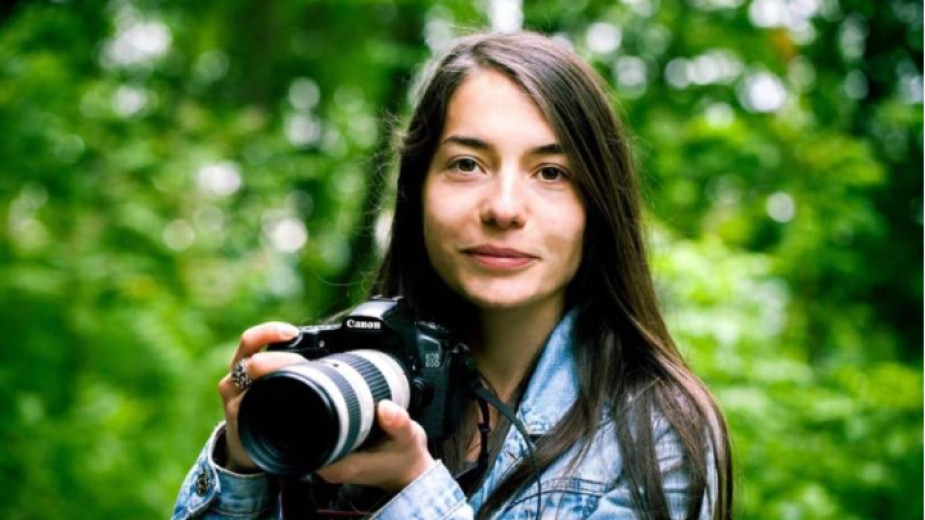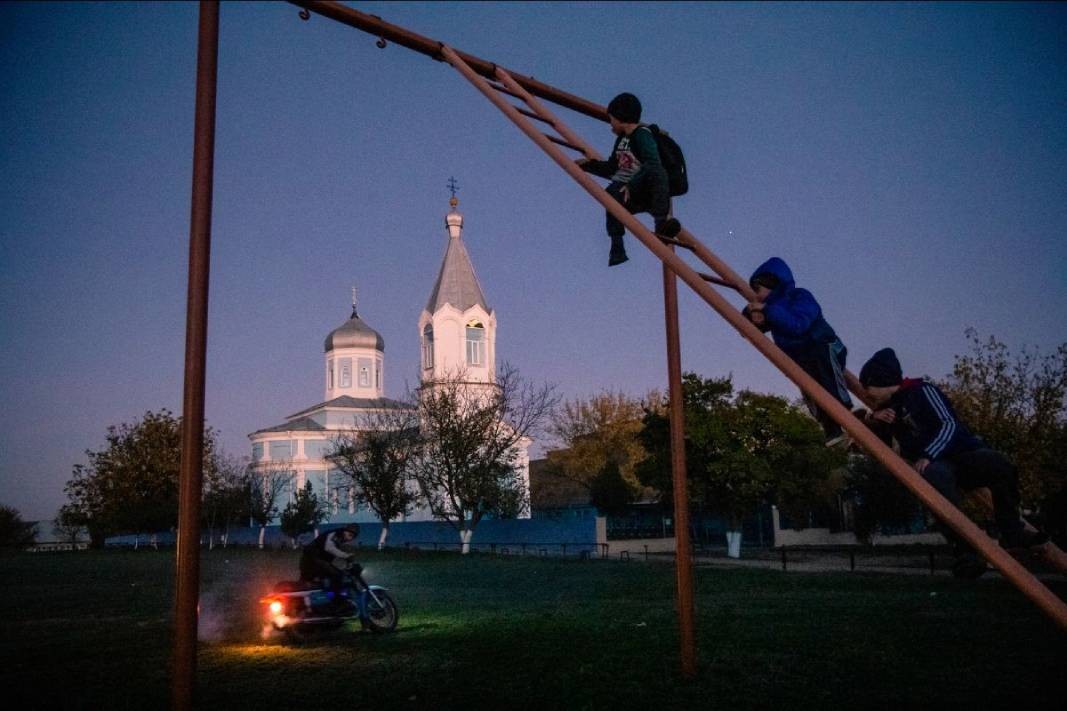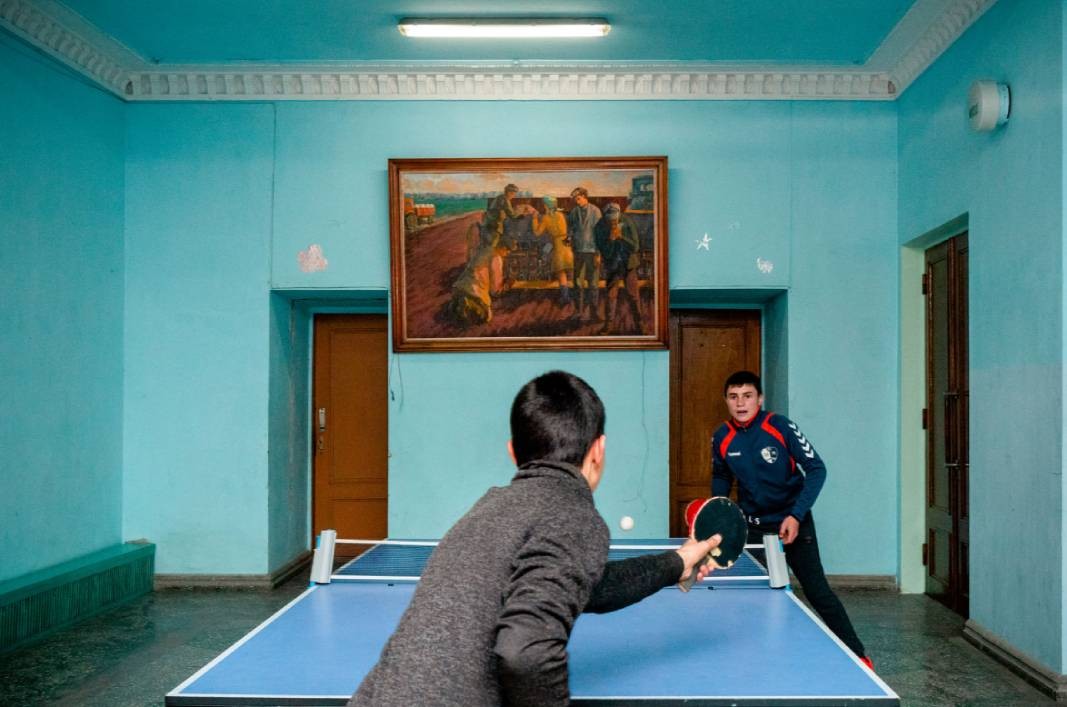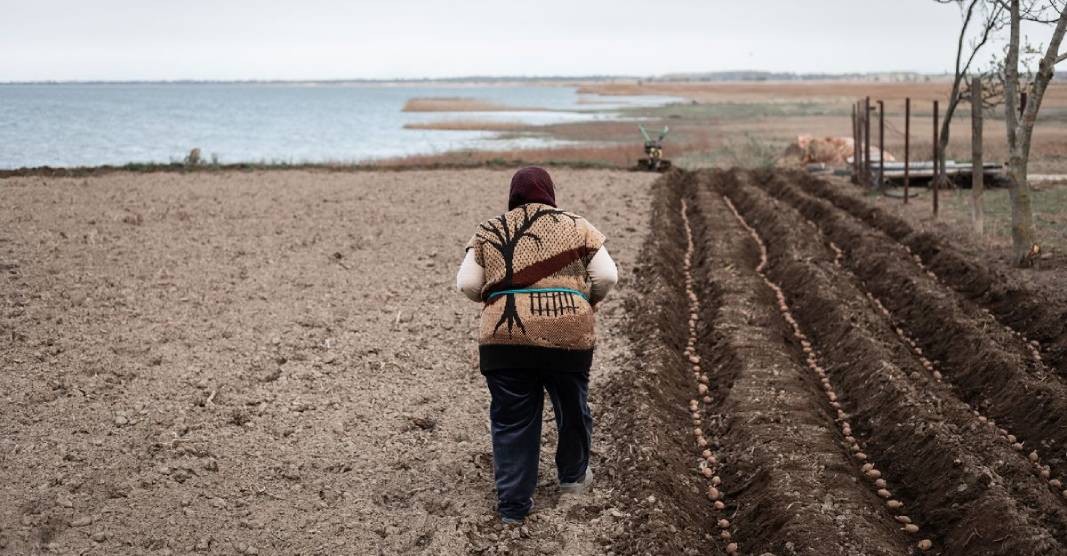 15
15








He breathes life into puppets made of wood, yet, just like in real puppet theatre, they seem to guide his own destiny. And together, they create a magical atmosphere in which out of poetry, philosophy and matter a new and better world emerges...
Professor Vladimir Kefalov is among the scientists who have been awarded the prestigious Bresler Prize in Vision Science. Professor Kefalov earned the award in 2019 for his groundbreaking work on photoreceptor cells in the retina . His research is a..
Knezha-Sofia-South Africa-Botswana and ... Asenovgrad. These are the stations in the life journey of our compatriot Darena Gesheva, which will surely provide her with countless memories to tell friends and visitors to her café in the small town of..

+359 2 9336 661
